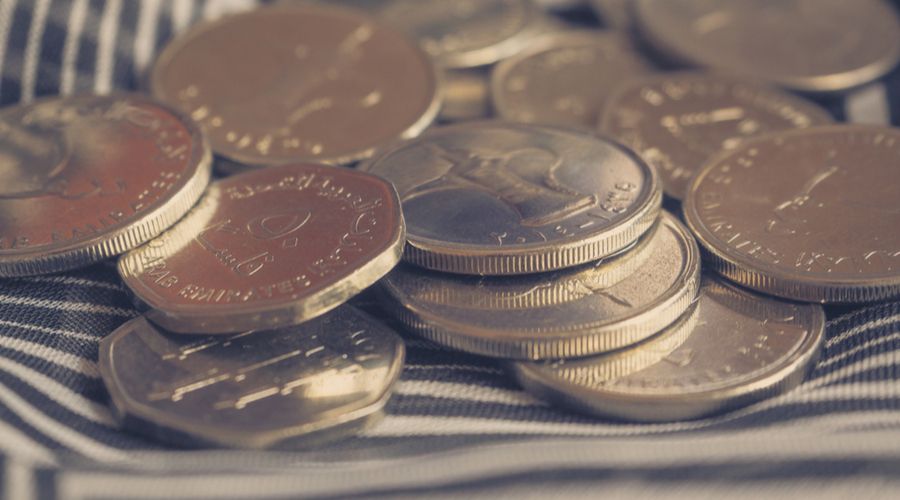Ways to improve your financial health

The rate of unemployment is increasing daily across the world, particularly among startups that have gone into “survival mode”. As a result, financial technology (fintech) startups that focus on personal finance and budgeting have seen a spike in usage. One such app is Wally, which has seen an 80 per cent growth in downloads as the pandemic began to take hold and impact the global economy. Here, Wally’s founder and chief executive Saeid Hejazi, outlines his top tips to improve your personal finance health, tips that are also applicable on the macro level to your startup.
We are living in extraordinary and unsettling times; our daily routines, activities, relationships, and finances have been affected dramatically by the novel Coronavirus. With lots of information being shared on how to focus on your personal health, we wanted to cut through the noise to share some tips on how you can take care and improve your financial health. Our tips involve looking at your spending pre-crisis, setting a plan throughout, and returning to normalcy during the recovery period from a position of strength.
Step 1) Understand your pre-crisis spending
With so many of us around the world on social-distancing and lockdown instructions, naturally, our spending patterns have drastically changed. To weather through this period, take a look at your spending before the crisis started to find opportunities for savings. Go through your spending insights for the past three months to get an understanding of:
• Non-essentials: How much you were spending across entertainment, nightlife, shopping, sports, travel, and transport. These are the categories you are less likely to spend on during this period.
• Essentials: How much you were spending across groceries, rent, education, utilities, bills, and others that will remain constant throughout this period. Taken together, this should serve as guidance on where you can expect to save on non-essentials and how to budget the essentials.

Step 2) Follow a budget to increase your savings during the crisis
Setting a budget
Over the next few weeks and months, a lot of your offline spending, such as dining out, groceries, and entertainment, are likely to move online. The seamless nature of paying online will make it hard to keep a mental account of where your money is going. Set a budget (on an app like Wally) across categories so you can track your spending in real-time over the next few weeks or months. You will need to adjust your spending to this new circumstance and any expense that can be stopped, should be. Knowing how much you need and where to cut back will help prevent you from panicking and weather this period with confidence.
Increase your savings
Depending on your circumstances, this could be a great opportunity for you to increase your savings. With so much of our spending tied to social events and gatherings, move what you typically would have spent in those categories into a savings account. You never know how long a tough period can last, or what surprises are around the corner, so plan for the worst while we all hope for the best.
Loss of income
Dealing with the sudden loss of income when the government tells you to stay home can be devastating. If you’re facing lost or reduced income, identify your upcoming payments for loans, credit cards and bills. It’s important to contact your creditors and billers immediately, they are aware of how the virus is affecting people and will likely work with you. The more you communicate with them, the more willing they might be to work with you. Many governments are already asking creditors to be lenient so if you’re finding that they’re being difficult, complain to your consumer protection agency and they will be happy to help.
Step 3) Returning to normalcy: post-crisis recovery
Resist the urge to splurge
After the crisis, you might have the temptation to splurge and go back to your pre-crisis spending. But doing that will prevent you from rebuilding your savings. Remember that we can never predict when an emergency can hit us in life. When the crisis passes, take the time to re-assess which nonessential expenses are important, and which are not. No one’s financial life is guaranteed and it’s a good rule of thumb that having three to six months’ of your spending in savings can help ensure that you’re prepared next time.
This too shall pass
This crisis is not the new normal. These are unprecedented times but stay calm and know that humanity has made it through these events before, and we’ll make it through again. The Wally family hopes you and your family are staying healthy. Our hearts go out to everyone who has been impacted.
Stay home. Stay safe. Stay healthy.


